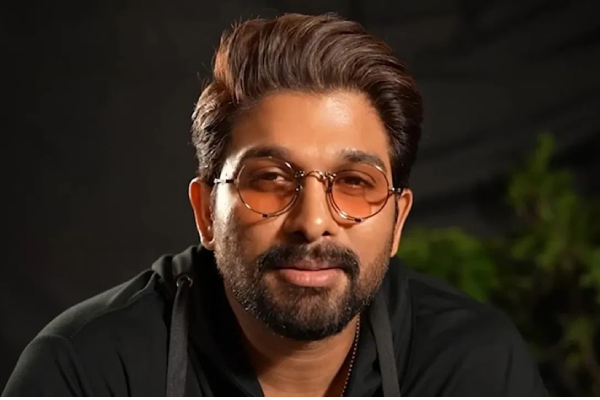
File photo of the steel bridge between VST and Indira Park under construction, which passes over Metro Rail stretch in Hyderabad.
| Photo Credit: NAGARA GOPAL
The Congress Government in Telangana has been announcing grand plans for improving the existing civic infrastructure or have come out with fresh proposals to extend the metro rail connectivity, new link roads and the first/last mile connectivity to encourage people to take to public transport.
The complex task is not just about the finances alone, but also coordination issues involving various departments like water board, power utilities, national highways, roads & buildings, telecom, fire service, Road Transport Corporation (RTC), railways and the likes.
Revival of UMTA is a key to deal with tricky issues
While agencies like the Hyderabad Metro Rail have been trying to coordinate with the Railways, National Highways, Roads & Buildings, etc., to get them on board and avoid complications like delayed approvals for ‘Right of Way’ later, reviving the moribund Unified Metropolitan Transport Authority (UMTA) floated as part of the National Urban Transport Policy (NUTP) could be the ideal method to deal with these tricky issues.
In fact, Hyderabad was quick to grasp the Centre’s initiative on UMTA by forming such a body meant to tone up civic infrastructure and promote public transport 15 years ago, but it became disused after a few years of activity.
The Chief Secretary chairs UMTA with department heads of Municipal Administration & Urban Development (MA&UD), Transport, Finance, top brass of traffic police, Hyderabad Metropolitan Development Authority (HMDA), Greater Hyderabad Municipal Corporation (GHMC), Hyderabad Metro Rail, South Central Railway (SCR) and others being members.
Five years since UMTA meeting was held
Yet, it has been five years since the last UMTA meeting was heldand official sources claim that none of the recently built flyovers or major civic works were discussed before the works began while issues with common mobility card, bus shelters, pedestrian facilities, first and last mile connectivity, etc., continue to persist with no solution in sight.
“UMTA is of no use unless it gets necessary powers and financial muscle. Cities like Bengaluru and others have been collecting 1% from fuel sales as corpus fund which is helping them to expand their metro rail network. Here, not even the traffic fines collected are shared,” disclosed an official, pleading anonymity.
Proposals to have 10% of motor vehicle tax collected in the capital to be allotted to UMTA corpus fund and maintain an escrow account in which 0.25% of the estimated cost of all projects of traffic and transportation undertaken by various departments was to be deposited were initiated, but did not fructify.
It is pointed out that just about a dozen meetings were held since its formation in 2008 and interestingly, during the last meeting, the officials from various departments had decided to have an Urban Transport Development Fund (UTDF) to swiftly take up pending projects and also hold ‘regular’ meetings.






